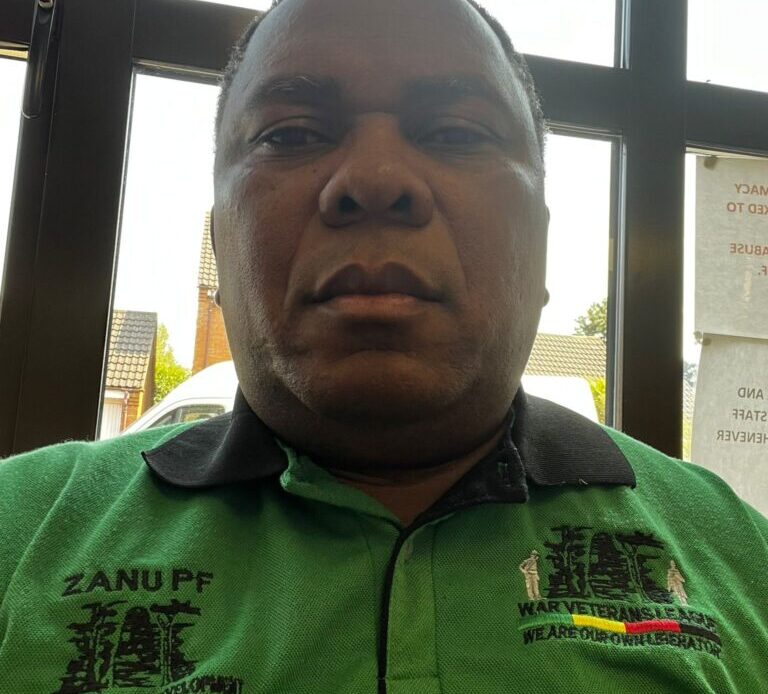
BY DR MASIMBA MAVAZA
OPINION – Factionalism refers to the division of a group, organization, or political party into smaller, often competing, subgroups or factions.
These factions may have different interests, ideologies, or goals, which can lead to internal conflicts and power struggles. If we look deep down the veins of ZANU PF, there is no deep-rooted factionalism. At the leadership level, there is unity strengthened by blood and a long history of liberation bonds.
The rumours and gossip about ZANU PF are causing Internal divisions, which should be dealt with before it gets worse. Factions within ZANU PF have different views, interests, or priorities, leading to internal conflicts.
The people who have flashed their dubious or ill-gotten funds to corrupt party officials have caused serious divisions in the party. The so-called new ideas are poison to the party, and some youths who are put in positions to support the youths have turned out to be liabilities.
The newcomers to the party have caused competition for influence, power, or control within the party. Those who are using the party for financial benefits have Different ideologies. These rich, corrupt newcomers have distinct ideologies, policies, or approaches to governance or decision-making which is different from the party’s ideology.
Factionalism leads to instability, as internal conflicts and power struggles undermine the party’s unity and effectiveness.
Factionalism can make decision-making more difficult, as different factions may have competing interests or priorities.
This then exposes the party’s weaknesses and portrays the party as a disunited entity.
Factionalism can also have external consequences, such as impacting relationships with other parties or influencing public perception.
In the context of Zimbabwe’s politics, factionalism has been observed within the ruling party, ZANU PF, with different factions vying for influence and power, and most of them believing that using money gives you power and influence.
Factionalism in ZANU PF stems from several factors, including Power struggles.
The party’s internal dynamics are marked by intense power struggles, particularly around succession plans and potential extensions of President Emmerson Mnangagwa’s term beyond 2028.
This has caused very unhealthy divisions. Some factions in ZANU PF are gaining ground, driven by suspicions that President Mnangagwa intends to extend his presidency, sparking tension between the leaders.
The reluctance to clarify the president’s intentions has fueled factionalism, with people growing anxious about the president’s ambitions.
This has led to a division between factions mirroring past factional battles in ZANU PF.
Constitutional term limits
The 2013 Constitution limits a president to two terms, but a potential bid for a third term has created controversy.
Some factions within the party are pushing for constitutional amendments to allow the President to stay in office, while others are defending the constitutional order.
Factionalism in ZANU PF has also been attributed to tribal and regional politics, with different groups vying for influence and power.
This has produced exclusionary politics, politics of patronage, and fragmentation within the party.
This needs strong and courageous leadership to stop this.
Policy disagreements have caused strife within the party.
Factions within the party have differing views on key policies, such as indigenization, leading to blurry and contradictory policy positions.
Intra-party discussions can degenerate into inter-factional power struggles, further exacerbating divisions.
These factors have contributed to the ongoing factional infighting within ZANU PF, weakening the government’s ability to address key issues and undermining public trust in democratic processes.
Political parties often have factions due to various reasons, including:
– Differing Ideologies:
Members may have different interpretations of the party’s ideology or vision, leading to disagreements on policy and direction.
– Personal Ambitions: Politicians may have personal ambitions or career goals that conflict with the party’s leadership or other members.
Regional or Ethnic Interests
Factions in ZANU PF have formed around regional or ethnic identities, with members prioritizing the interests of their specific group.
– Power Struggles: Factions can emerge due to power struggles within the party, with different groups vying for influence or control.
– Policy Disagreements: Members may disagree on specific policies or issues, leading to the formation of factions with different views.
Internal Conflict
Factions can lead to internal conflicts, divisions, and power struggles within the party.
–Weakened Party Unity: Factions can undermine party unity and cohesion, making it challenging to present a united front.
– Electoral Consequences: Factions can impact a party’s electoral performance, as internal divisions can lead to a loss of public trust and support.






